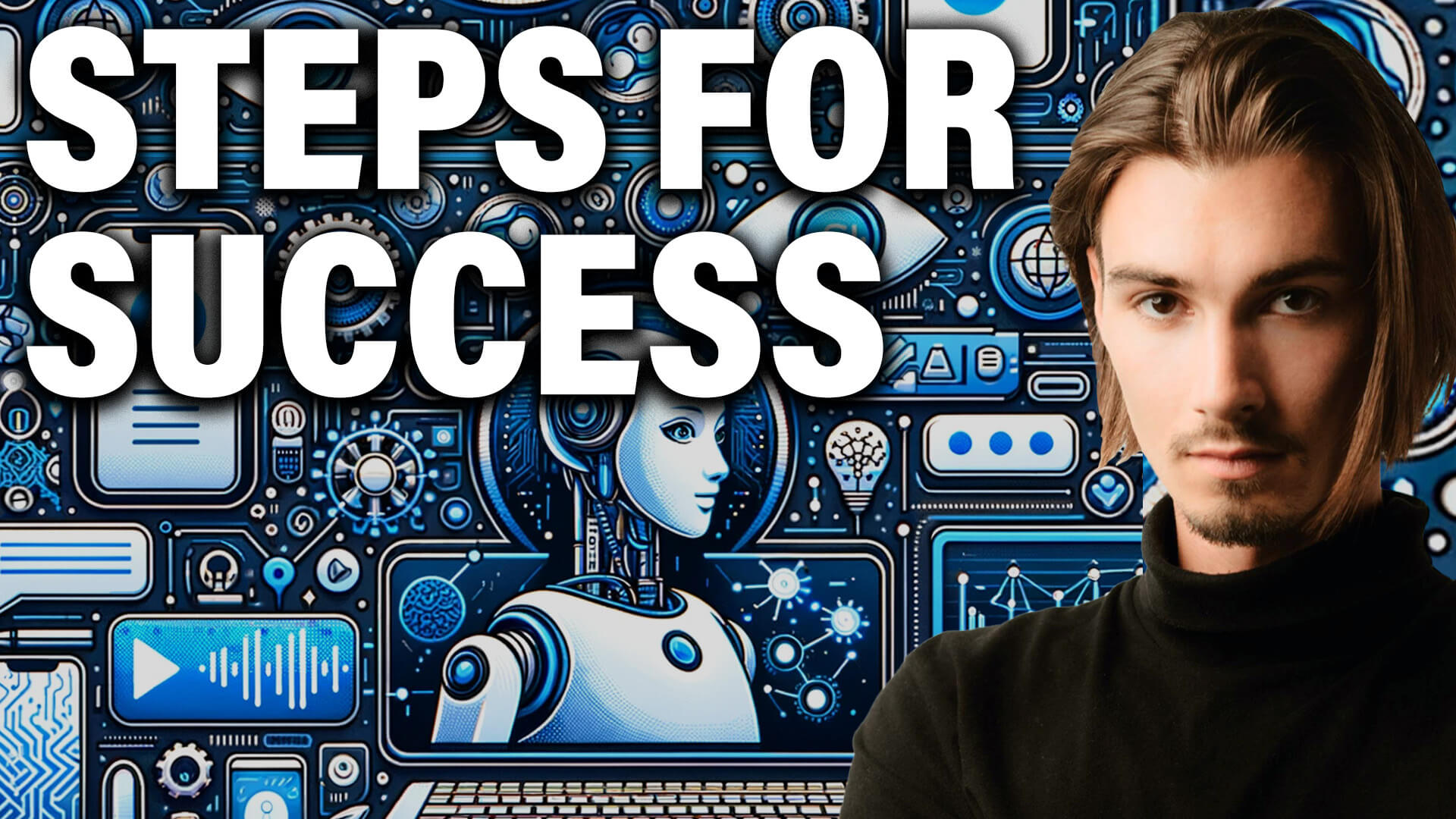
Inflection AI, the startup behind the Pi AI assistant, has announced a partnership with the non-profit Data Transfer Initiative (DTI) to allow existing Pi users to export their data from the platform. This move is significant in the AI domain, as it gives users control over their personal AI data and the ability to move it as they see fit. DTI, formed by Apple, Meta, and Google, aims to develop tools that facilitate the direct transfer of user data between services.
Inflection AI’s decision to prioritize data portability comes as the company shifts its focus from the consumer-focused Pi to enterprise-centric products. However, the company has clarified that this move does not mean that Pi will be phased out entirely. The service will continue to operate for free, with a few changes on message limits.
The development of Inflection AI’s data portability effort stems from the company’s initial goal of building an “empathetic, useful, and safe” AI that acts more personally and colloquially than other models. However, the company’s efforts to sustain growth were not enough, leading to a shift in strategy when co-founders, including Mustafa Suleyman, were hired by Microsoft. Inflection AI decided to focus on its AI studio business to craft, test, and fine-tune gen AI models for commercial customers.
Now, as Inflection AI prepares to bring its enterprise product to the market, the partnership with DTI allows existing Pi users to export their chat history with the assistant to their archive or another large language model-based offering. The company ensures that the export format will be clear, documented, plain-text searchable, and free from restrictive licenses, making it easy for users to utilize in the future. The goal is to provide users with the flexibility they need to stay on their preferred AI service or have an additional copy of their interactions with the AI.
While data portability is common in online services, AI data portability is still an emerging subject. As more people interact with AI services, the volume of data they hold will increase, making the option to move data to a different service crucial. Inflection AI and DTI are taking the lead in addressing this issue, but it remains to be seen if other industry players will join. The ultimate goal is to establish an interoperable framework that allows for end-to-end data portability, where users can freely export and import personal AI conversations on their preferred platforms.
Chris Riley, executive director at DTI, emphasizes the need for transparency and interoperability to achieve true end-to-end portability. Ad-hoc download solutions are not enough, and there is a need for alignment and investment in export and import adapters. DTI aims to make import mechanisms available on other generative AI tools, helping Pi users find new homes. Additionally, DTI plans to engage stakeholders to define a sustainable data model for portability, which can be built into DTI’s open-source Data Transfer Project codebase.
Overall, Inflection AI’s partnership with DTI demonstrates a commitment to user control and flexibility in the AI space. By allowing users to export their data, Inflection AI is empowering them to make informed decisions about their personal AI interactions. As data portability becomes more prevalent in the AI industry, it is essential for companies to work together to establish transparent and interoperable frameworks that prioritize user privacy and choice.

